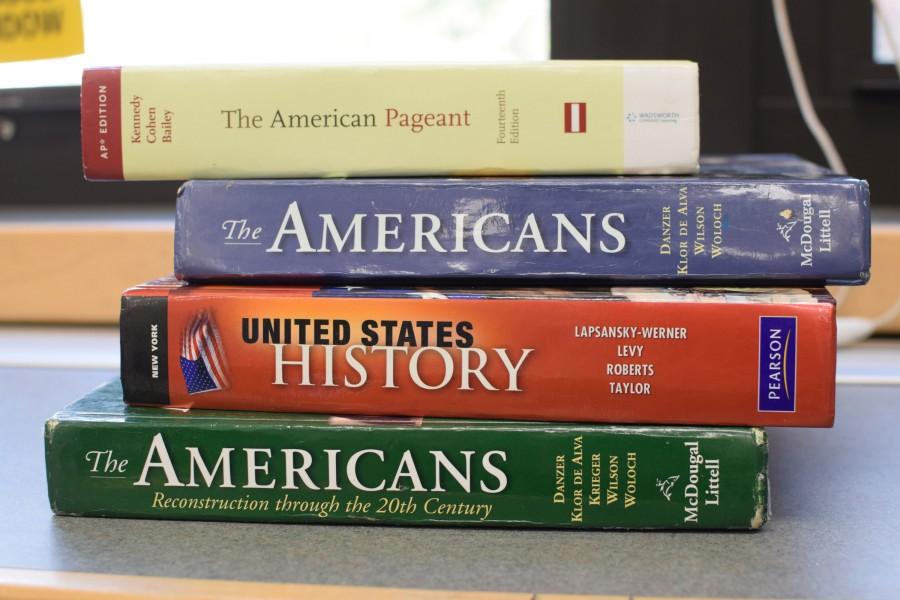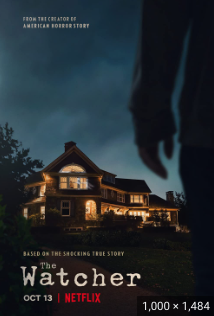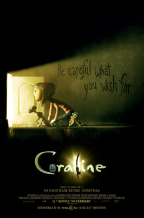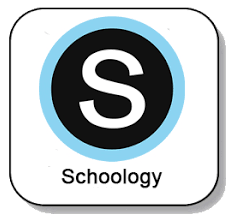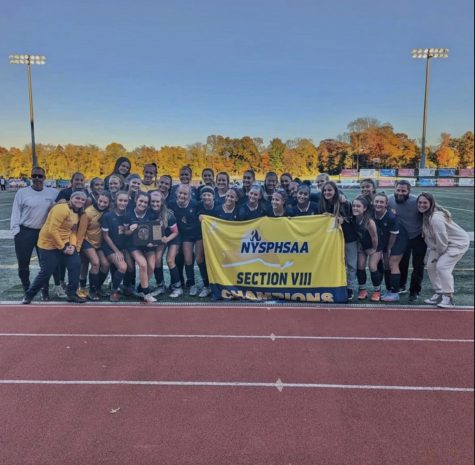Changes to AP United States History course raises questions
APUSH curriculum experiences changes leaving some unsure.
Following a year of widespread criticism of the 2014-2015 course changes, the College Board has once again altered the framework of the Advanced Placement United States History curriculum and exam.
In the Fall of 2014, the College Board introduced a new format of the AP United States History exam; this new format included changes such as increased emphasis on document analysis, four multiple choice answers instead of the previous exam’s five, and, according to some, anti-American sentiments.
Critics of the 2014 framework certainly made their distaste known. Last August, the Republican National Committee stated in a resolution that the framework “…reflects a radically revisionist view of American history that emphasizes negative aspects of our nation’s history while omitting or minimizing positive aspects.”
Other critics, mainly conservative, claimed that the College Board’s attempts to globalize the course in an increasingly diversified classroom arena resulted in a biased and overly politicized curriculum, whereby significant American figures and battles, among other facts, were omitted. These critics claimed that American successes were marginalized through cynical and unpatriotic language.
Perhaps it was this criticism that brought about this year’s changes to the official framework of APUSH (AP United States History). Within the revamped guidelines of the course, American innovations and exceptionalism are emphasized— the College Board’s motive to please these critics is seemingly overt and stressed.
“This edition is based on feedback gathered over the last year,” according to a statement released by the College Board on their website. “… and includes improvements to the language and structure of the course.”
The fact that the College Board found it necessary to revise the course raises some questions on how effective Massapequa High School was over the past year in teaching the course. In other words, does Massapequa High School present accurate historical information without bias?
At MHS, both Advanced Placement and Regents United States History is offered as a one year course, a potentially detrimental quality to students preparing to taking the Advanced Placement test in May and the Regents examination in June. In contrast, nearby New Jersey mandates that United States History should be taught over two years. By only teaching the course over students’ junior year, MHS runs the risk of having to cram information before end-of-year exams, in addition to skipping over less tested information.
“I feel like the amount of history is too much to cover in a year,” senior Alex Turco said. “I feel that the AP [exam] is very specific on what they focus on, and teachers did a good job covering the material, but when it came down to it modern materials… We flew by.”
Others agreed that only teaching United States History as a one year course hinders students’ ability to learn the material in the best way possible, and feel that it would serve the district well to change how the course is taught. “I would love to see AP US History become a two year course. The exhaustive nature of the curriculum makes it exceptionally difficult to completely prepare students for a test in early May,” Massapequa High School APUSH teacher Mr. Timothy Thieke said. “Two years would give us more than enough time to go into more depth and thoughtful analysis of the major events of American history.”
The 2015 rewrite of the framework sought to alleviate last year’s accusations of liberal bias on the national level. If these claims are true, did Massapequa High School overly politicize United States History by teaching with partisan sources?
Some students used Howard Zinn’s illustrated A People’s History of the United States in their Advanced Placement United States History classes. As a Marxist, Zinn held many anti-capitalist sentiments and frequently criticized conservative actions. Does using his book in a classroom setting present bias, therefore clouding students’ ability to learn history in a strictly factual fashion?
“….Hiding the truth and altering history class to fit misconstrued ideals is not only unjust, but also effective in shaping a misinformed student body,” senior John Merz said. “[but] in the case of Zinn, his unique view provided a perspective that had not yet been talked about, and provided a more intelligent and interesting conversation.”
Others disagreed. “I think that the book was definitely biased, but [teachers] did a good job of filling in the gaps,” MHS senior Tanner Knabe said.
It is undeniably true that teachers are key in situations that present possible bias. “The use of educational resources with a political bias can affect historical objectivity in the classroom. This is why it is important for teachers to discuss historical point of view and to vary their use of sources as well as keeping an open forum for competing ideas,” Mr. Thieke added. “However, as teachers, it is important to remember that we are biased not just by what we teach, but what we do not teach.”
What can Massapequa High School students taking AP United States History expect for the upcoming school year?
Although it is unclear how significant the revisions made by the College Board to the APUSH Framework will be in an actual classroom setting, it is possible that students will be privy to a subtle change in language, wherein patriotic themes could be emphasized. Teachers may spend more time on battles and wars.
“These changes will not necessarily impact the AP U.S. History teachers at Massapequa High School who have, and will continue to, present historical events and the individuals responsible for those historical events in a considerate and balanced manner,” K-12 Curriculum Associate for Social Studies Mr. Brian Trapani said. “We will continue to provide sources that encourage students to think critically about historical events, the author’s representation of the historical events, and develop their own conclusions.”
Ultimately, students may not notice any change at all, as the course Framework does not accurately reflect each and every school’s curriculum. What is clear is that the status of American education is being closely watched on the national and federal level.

